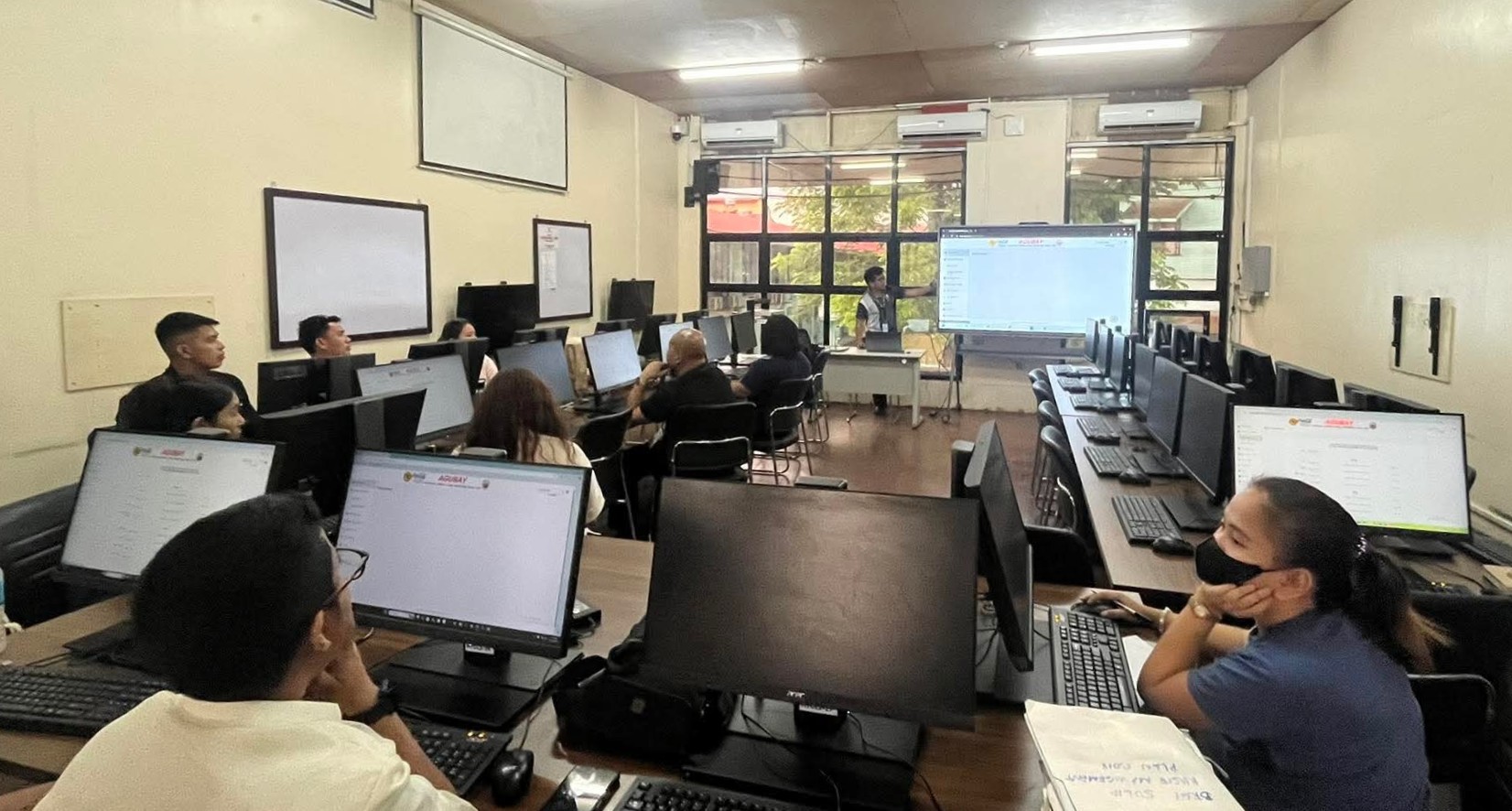Representatives from Coca-Cola Foundation Philippines (CCFPI), Central Philippine University (CPU), and the Iloilo City Government attended the orientation session for the new Solid Waste Management Information System (SWM-IS) under Project AGUBAY.
The City Environment Office (CENRO) reports that Iloilo City, which is home to around 500,000 people, is experiencing an increasing garbage problem. Every day, the city produces over 314 metric tons of rubbish, of which roughly 40% is plastic. Project AGUBAY, a first-of-its-kind data-driven Solid Waste Management Information System (SWM-IS) covering 180 barangays, was initiated by Coca-Cola Foundation Philippines Inc. (CCFPI), Central Philippine University (CPU), and the Iloilo City Government in order to solve this pressing issue.
Awareness, Guidance, Unity, Biodiversity, Action, and Yield are all represented by the project’s name, AGUBAY, which is taken from an Ilonggo phrase meaning “to support, to guide, to help.” This is in line with its goal of providing communities with the information and resources they need to develop more environmentally friendly waste management strategies.
Addressing Iloilo City’s waste challenge
Iloilo City’s waterways and coastal areas have long been vulnerable to plastic pollution, worsened by the surge in single-use plastics during the COVID-19 pandemic. With nearly half a million residents across 180 barangays, including 26 situated in riverine and coastal areas, inefficient collection systems and non-functional material recovery facilities (MRFs) have left waterways vulnerable to pollution.
“This project aims to ensure no barangay is left behind in the city’s fight against waste,” said Cecile Alcantara, President of Coca-Cola Foundation Philippines Inc. “By investing in digital tools and community empowerment, Project AGUBAY shows how collaboration between business, academia, and local government can turn sustainability goals into real, on-the-ground progress.”
Smarter, Faster Waste Solutions
At the heart of Project AGUBAY is the Solid Waste Management Information System (SWM-IS) — a centralized digital platform that generates real-time reports to help barangays and the city government:
- Formulate and update Barangay Ecological Solid Waste Management (BESWM) Programs in 152 barangays.
- Build a centralized SWM database for stronger city-wide monitoring and governance.
- Deploy Barangay Material Recovery System (BMRS) equipment to improve segregation, collection, and diversion.
- Train barangay leaders and city stakeholders in implementing sustainable waste solutions.
“Each barangay has unique waste challenges. With real-time data, we can design solutions that truly fit community needs — saving time, resources, and strengthening accountability,” said Dr. Mary O’ Penetrante, Project Team Lead from CPU.
Empowering Communities, Strengthening Partnerships
Through the SWM-IS, barangay officials are now equipped to track and electronically report their waste management programs, while the City General Services Office can respond more quickly to barangay needs. This digital shift promotes stronger accountability, transparency, and collaboration across the city.

Barangay officials from Iloilo City undergo digital training to familiarize themselves with the SWM IS, equipping them with tools to track, report, and improve waste management practices in their communities.
With the new system in place, Iloilo’s General Services Office can respond more effectively to barangay needs, while barangays themselves are empowered to draft, update, and electronically report their waste management programs. The result is a stronger partnership between barangays and the city, promoting accountability and scalability for future adoption.
Beyond Iloilo: A Model for Other Cities
Project AGUBAY expects to be turned over to the Iloilo City Government by January 2026, to help ensure sustainability beyond the grant period. Its potential success could pave the way for adoption in other cities, especially as barangays improve digital literacy and adapt the system to their local contexts.
“‘This program demonstrates Coca-Cola Foundation Philippines Inc.’s commitment to collective action’ to support improved collection and recycling infrastructure, such as working with local barangays to better understand how we can improve waste collection, sorting and recycling.”
Go to https://www.coca-cola.com/ph/en/brands/coca-cola/sustainable to learn more about Coca-Cola’s sustainability initiatives
Learn more at www.coca-cola.com/ph/ and follow us on Instagram and Facebook.

No Comments